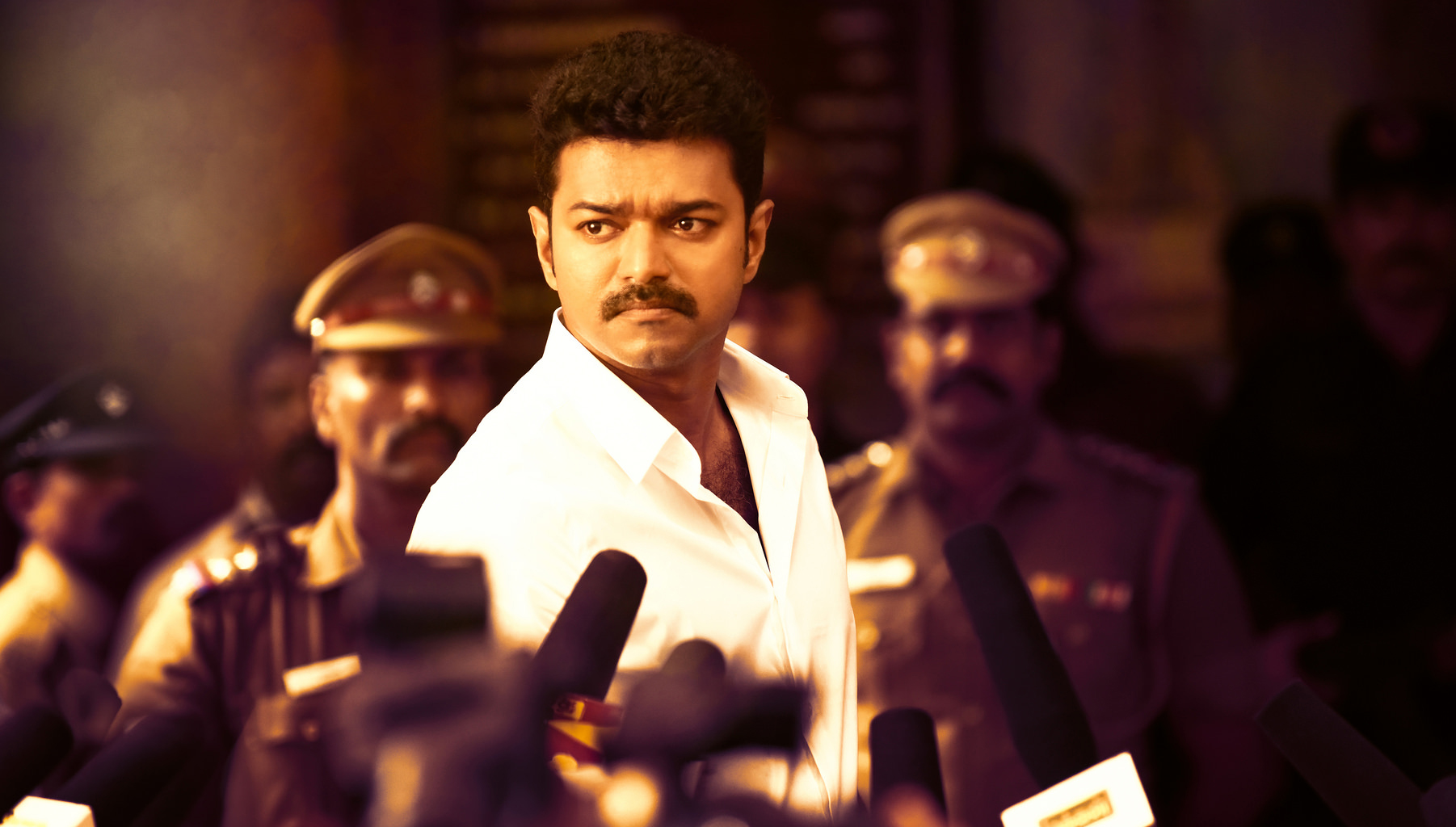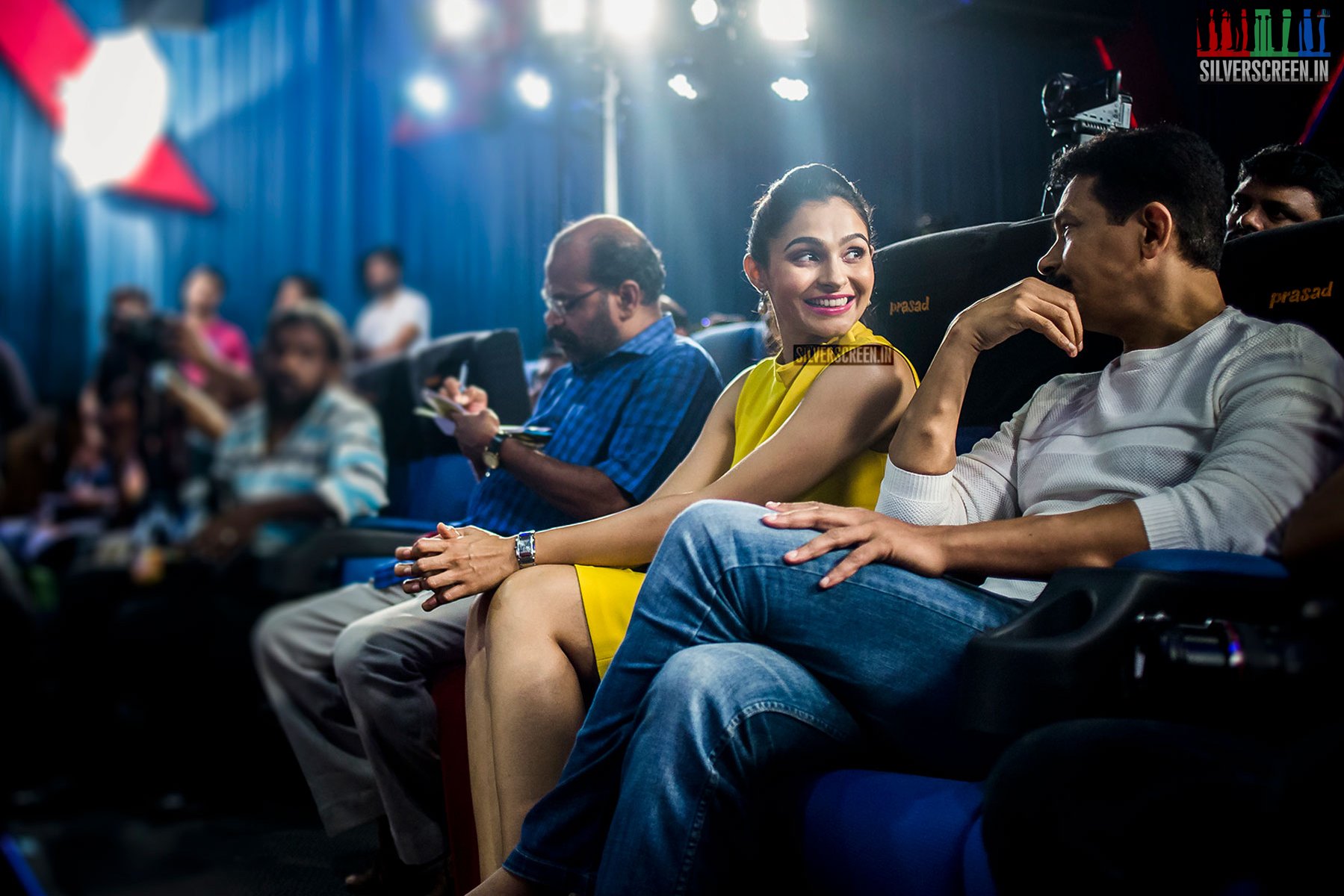When we set out to launch the ‘Women, Cinema & Sexism’ series soon after the Harvey Weinstein scandal broke, we were hoping to collect stories from within the country. Good ones, bad ones, the ones that send shivers down your spine. Being a magazine with a feminist identity, we realised it was time we reached out to the (growing) number of women who worked in films; the actresses, the technicians, the dancers who sweat it out behind the leads, a fair sample representing the diverse profiles that the industry houses, and talk to them specifically about workplace harassment.
And what we found, over the course of the series, wasn’t something startling or surprising. Across the board, from top heroines and technicians to dancers who live by daily wages, the women reported uniform experiences – instances of harassment, sexual and otherwise, and in its absence, a work-life laced with internalised misogyny. They spoke of their fears, their misgivings; the difficult tales that needed to be heard. For some, it was an everyday affair, while for others it differed from project to project, director to director. Some were brave, choosing to call out those who had wronged them while the others chose to keep mum fearing repercussions. Either way, the women wanted their stories out there – and we documented them.
In one of the earliest stories, a veteran film PR, who has been around for 30 odd years, spoke of producers insisting that actresses visit them in hotel rooms for story discussions. He talked about creating a strict work environment that may even be construed as ‘stifling’ to keep the predators at bay. “I have seen too much already,” he told us, “even if I scratch the surface of the scandals, you will cringe.”
Saranya Ponvannan, who was a heroine in her ‘prime’, said that she would always have some rules in place. “I would only meet people at home, in the comfort of my space. I would never agree to meet them outside or in hotels or appear desperate to bag a role; that’s a dead giveaway, and will weaken your position in times of crisis.”
For some, the struggle was as basic as getting to work in an industry that openly preferred men, and which, till 2014, did not allow female make-up artistes to work in Bollywood. The law allowed for female hairstylists while make-up became the sole domain of the men. When Charu Khurana, in 2014, won a legal battle to allow women into the field, a few artistes were handed union membership cards. But, their troubles were far from over. Mitta Antony, who was also handed a card, said, “Recently, a stunt master verbally abused me on the set through a microphone. No one defended me. I was the only woman on the set, and the men behaved as if it was totally fine to misbehave and look down upon a colleague. Would they have dared to do that to a male make-up artiste of my experience?”
A background dancer who spoke to us on condition on anonymity said that she quit the industry after an experience with a Kannada cinematographer left her shattered. “It was a night shoot in a secluded part of the city. All of us had skin suits on, on top of which we wore provocative costumes. While going to the changing area (which is nothing but four sheets strung together to form a sort of partition), I noticed someone following me. But since it was a busy set, I didn’t do much about it. Only after I changed and came out of the area did I see the choreographer standing there. He was holding a cigarette in one hand, and it was clear that he had watched me change.” She’s sorting clothes at a Bengaluru retail now.
Cinematographer Fowzia Fathima too, admitted to us that the workplace harassment forced her to stay away from the industry for a while. Recalling an instance during the filming of the Ajith Kumar-starrer Mugavari, when she had to handle the camera in the absence of film’s DoP PC Sriram, Fowzia said the lead actor noticed her lighting up the shot and let the director know of his reservations. “The director was a newbie; he couldn’t protest,” Fowzia said. She then joined a film school, and took on the task of mentoring young girls.
Of course, these instances don’t absolutely represent every woman working in the industry out there, nor does it sound an end to the series. We are always looking for stories that need to be told; empowering, educative, revealing, honest stories of women who have fought against all odds – and also those who couldn’t. ‘Women, Cinema & Sexism’ will evolve over the course of time, and become a collection of experiences that would, if not make a huge impact, educate and bring to light the kind of challenges that women are up against at work every day.
To share, write to us at editor@silverscreen.in.
*****
Read Part 1: Harvey Weinstein Has Opened Pandora’s Box & We Need To Deal With It
Read Part 2: When Film Sets Are Designed For Men & Other Struggles As Reported By The Female Crew
Recommended
Read Part 3: Speaking Up Is Not A Practical Option In Kollywood, Say Actresses
Read Part 4: The Life Of A Dance Assistant In The South
Read Part 5: ‘Harassment Happens Under The Guise Of Coaching; Women Do It Too,’ Says Budding Dancer
Read Part 6: Fowzia Fathima On Being Passed Over For Male Cinematographers
Read Part 7: In Bollywood, Activism Is A Matter Of Convenience



